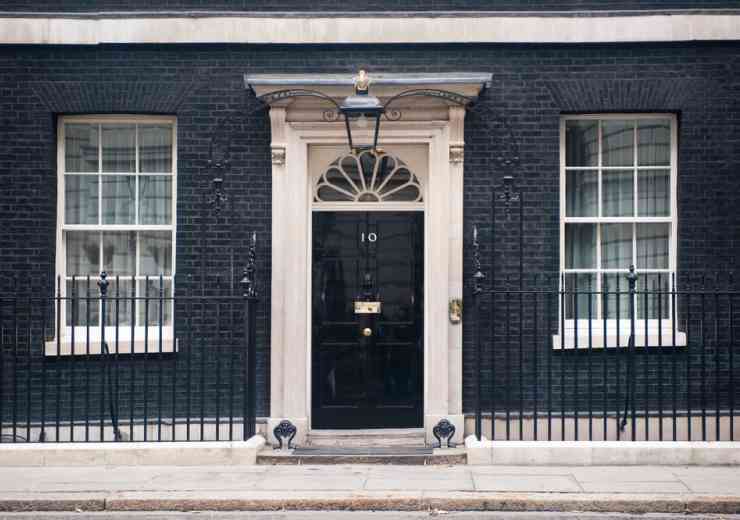News
Jul 06, 2017
First separation centre opens for radicalised prisoners
The first of three separation centres has opened at HMP Frankland, in an attempt to stem the flow of radicalisation behind bars and preventing their influence over others. Forming part of the wider government strategy to tackle extremists in prisons, the policy will see offenders placed in the specialist centres if they are involved in planning terrorism or are considered to pose a risk to national security. This can in the form of extremist views undermining good order and security in the prison estate or by influencing others to carry out terrorist crime. Two further centres are planned to follow at other establishments in the coming months, with the three centres combining to hold up to 28 of the most subversive offenders. Alongside the opening, the Ministry of Justice has also confirmed that more than 4,500 frontline officers have received the latest specialist counter extremism training to identify and challenge extremist views, with new prison workers also receiving the training as standard. Prisons Minister Sam Gyimah said: “Extremism must be defeated wherever it is found. The most dangerous and subversive offenders are now being separated from those they seek to influence and convert – an absolutely crucial element of our wider strategy to tackle extremism in prisons and ensure the safety of the wider public. “It is also right we give our hard-working staff the skills and knowledge they need to keep our prisons and communities safe. Over 4,500 frontline staff have now received the specialist training they need to identify and counter the poisonous and repugnant activities of extremists – work that is essential to the safe running of prisons and fundamental to public protection.” Other plans in the government’s counter extremism strategy include the formation of a new directorate for Security, Order and Counter-Terrorism, the launch of a new unit that will analyse intelligence and advise prisons in England and Wales on how to deal with specific threats and the banning of extremist literature in prisons.
View the latest
digital issue
digital issue


























